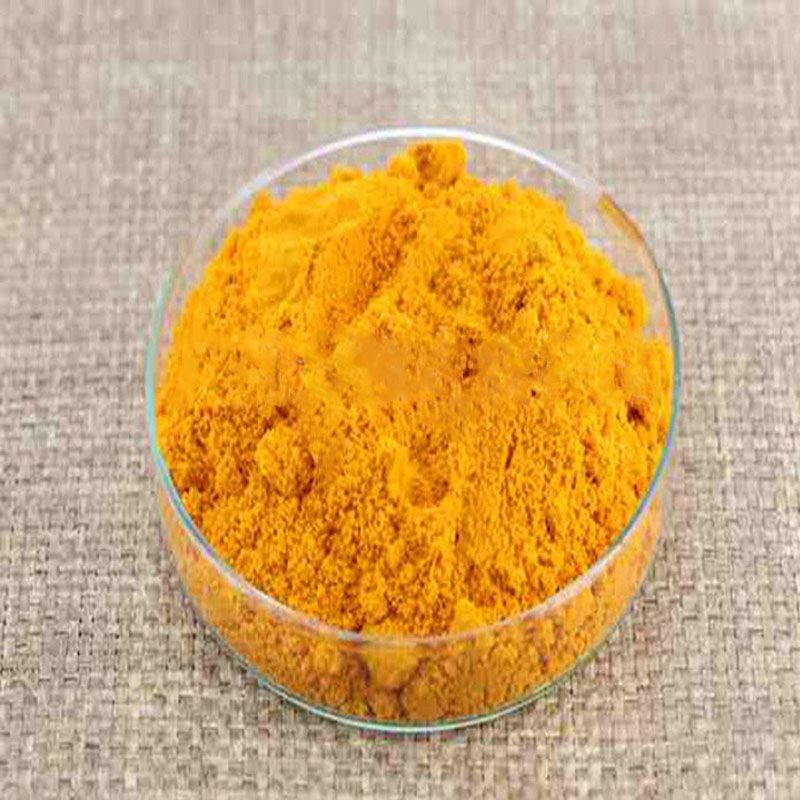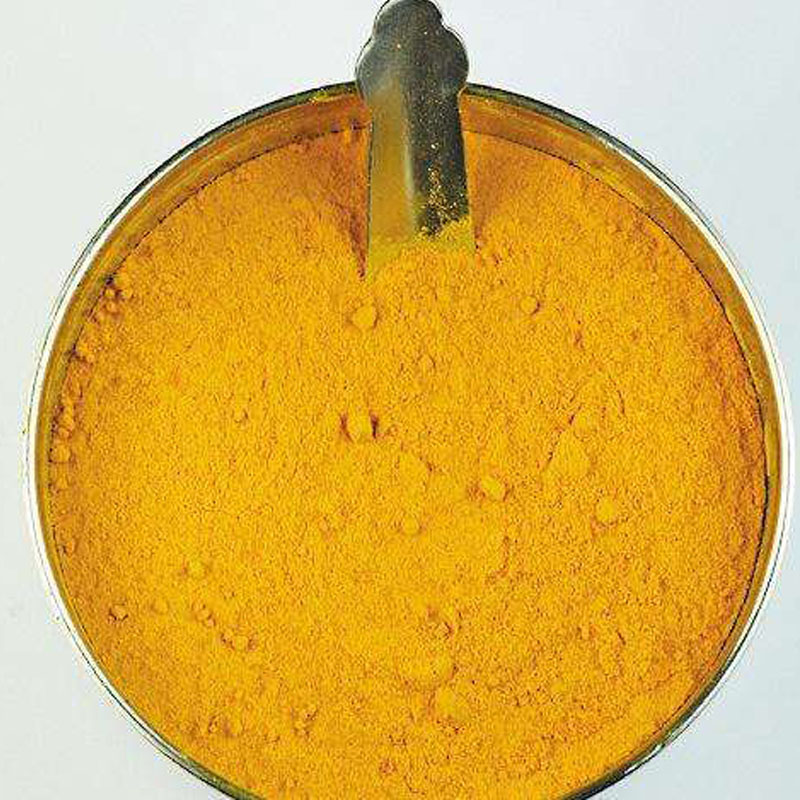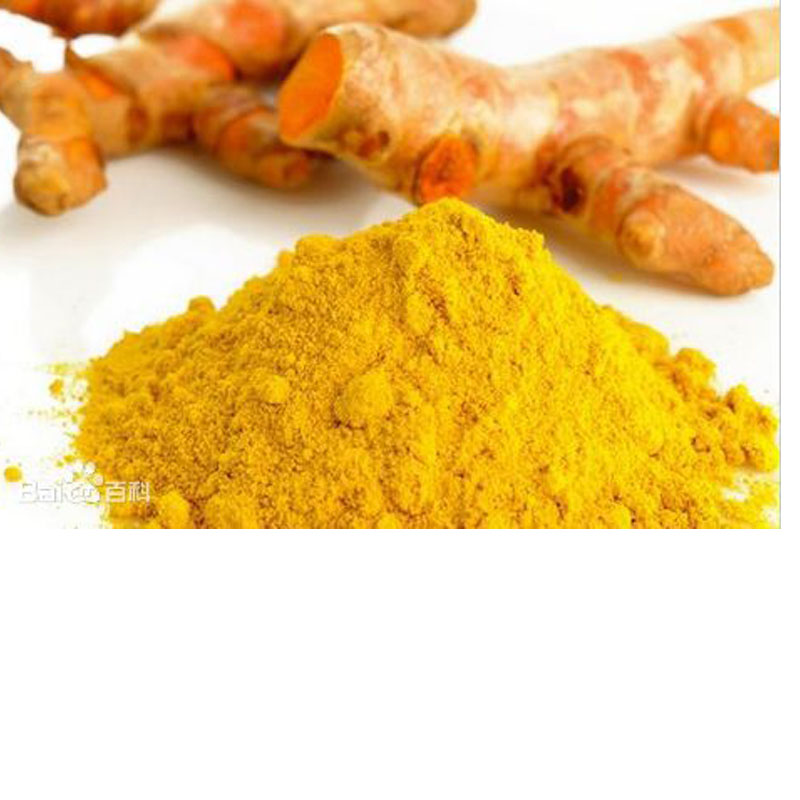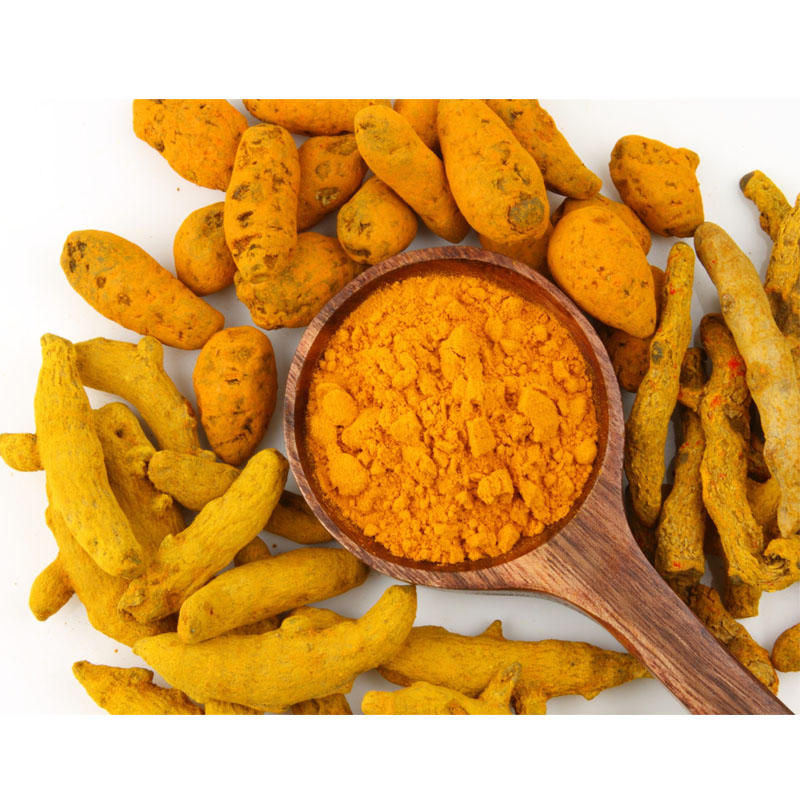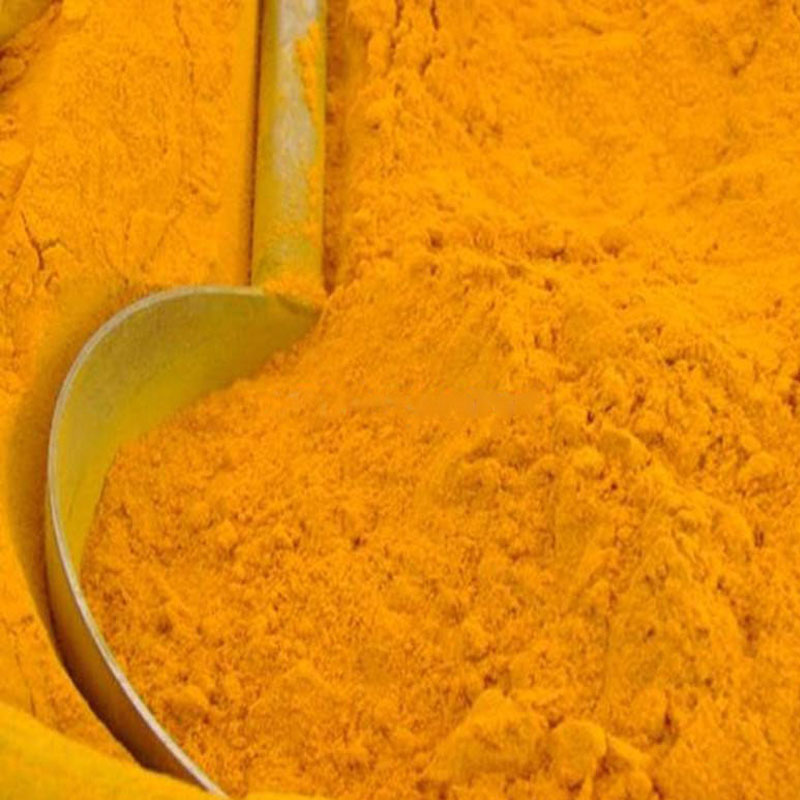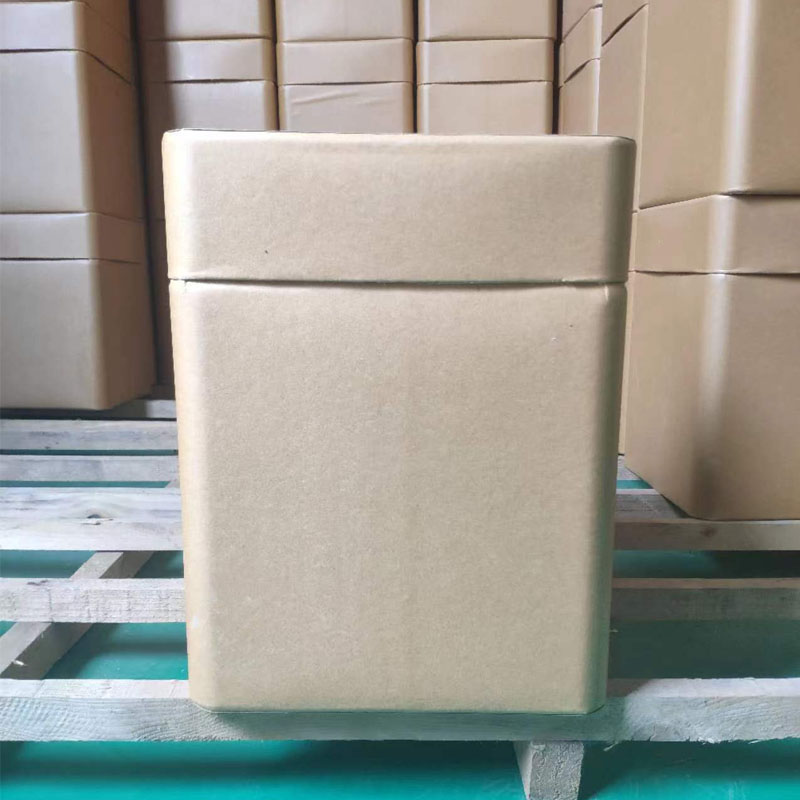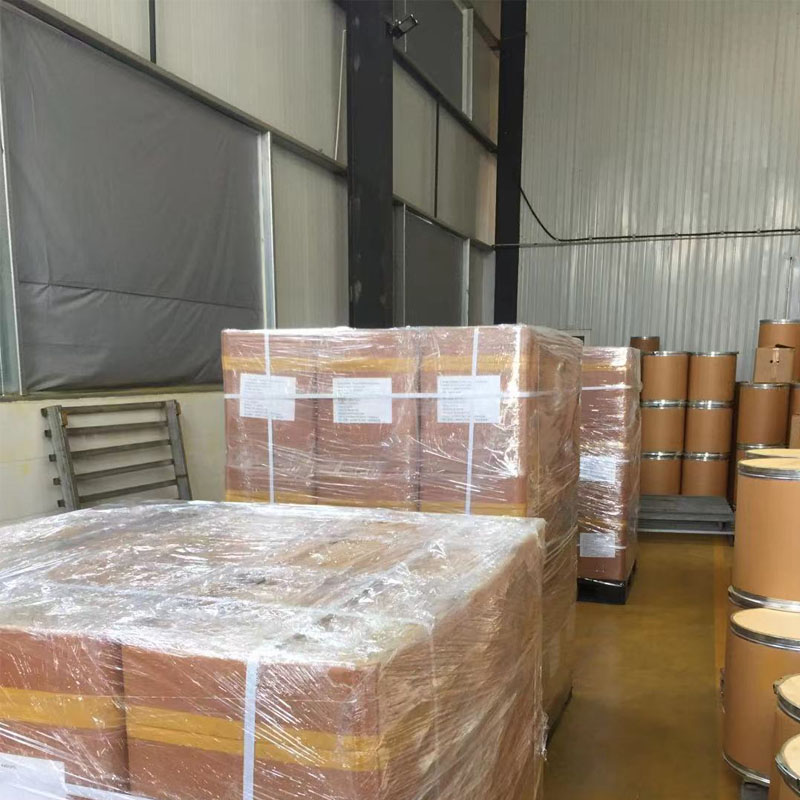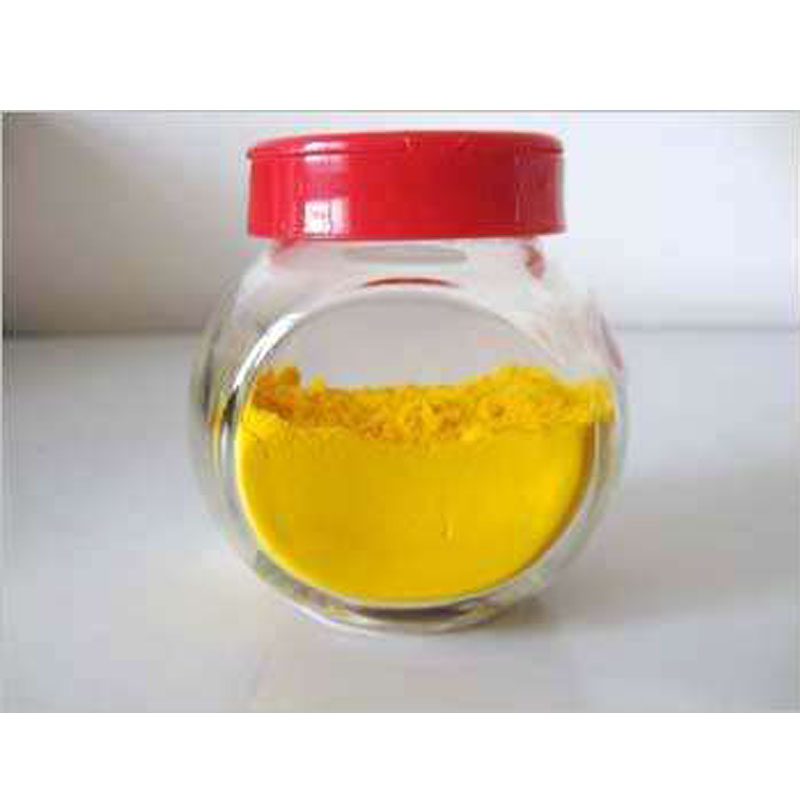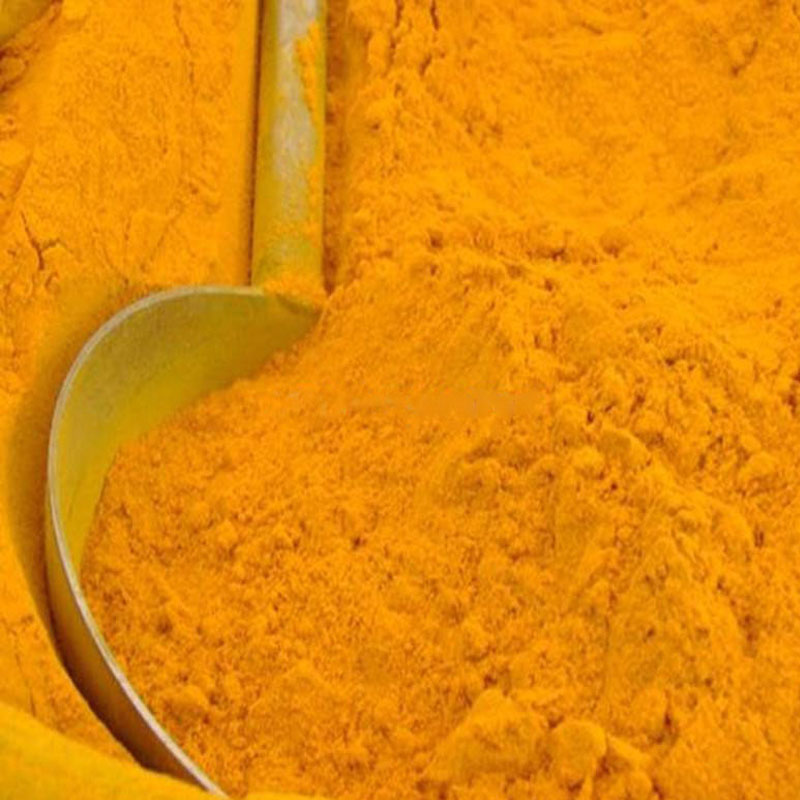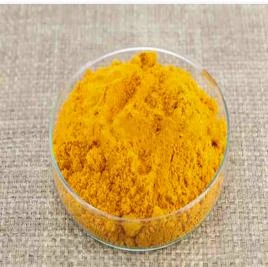Okwu Mmalite ngwaahịa
Turmeric has been used in Asia for centuries and is a major part of Ayurveda, Siddha medicine, traditional Chinese medicine, Unani,[14] and the animistic rituals of Austronesian peoples. It was first used as a dye, and then later for its supposed properties in folk medicine.
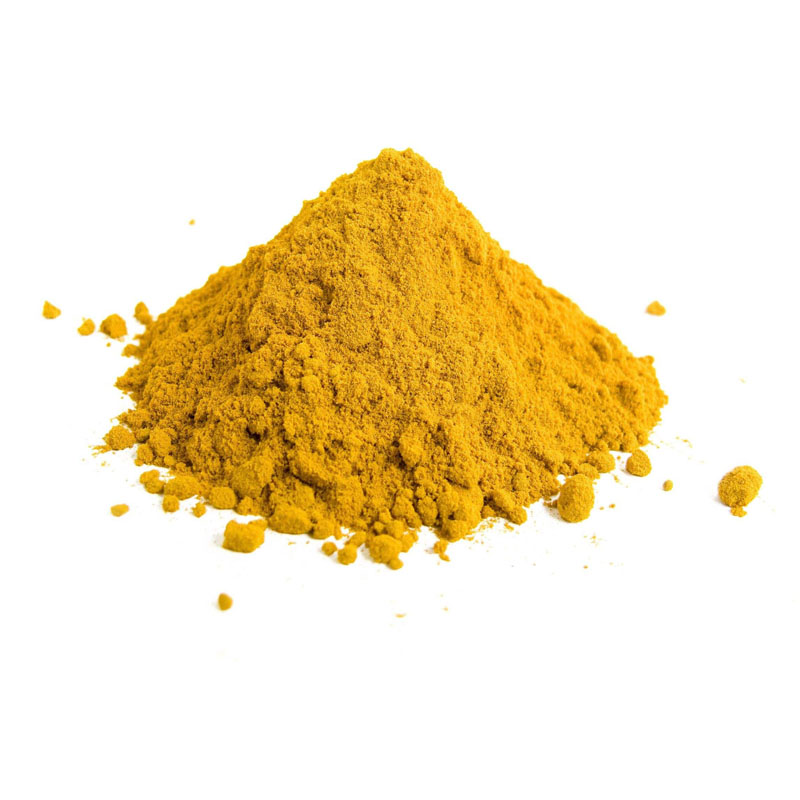
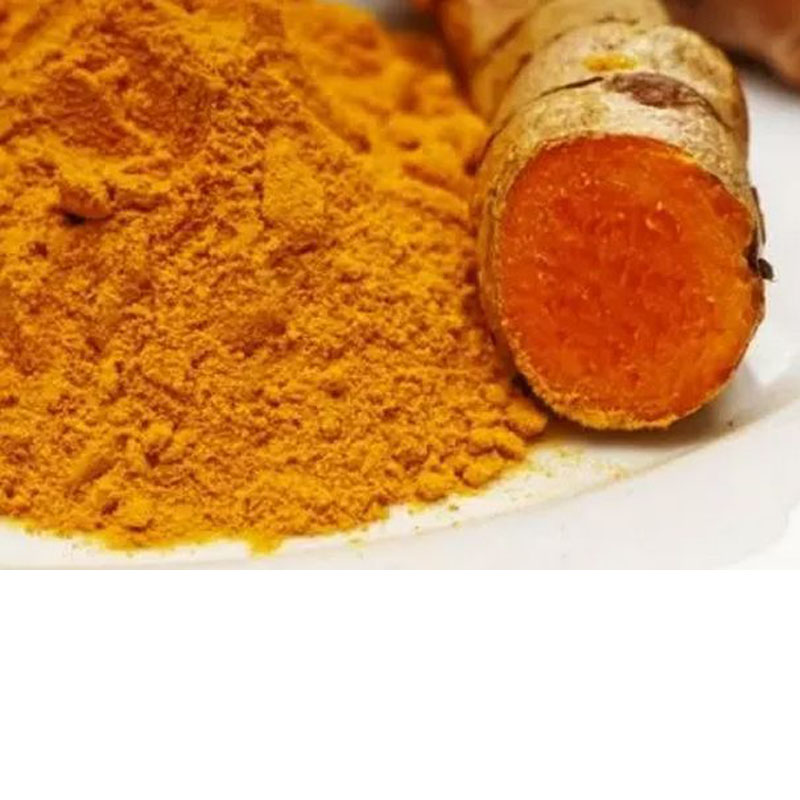
From India, it spread to Southeast Asia along with Hinduism and Buddhism, as the yellow dye is used to color the robes of monks and priests. Turmeric has also been found in Tahiti, Hawaii and Easter Island before European contact. There is linguistic and circumstantial evidence of the spread and use of turmeric by the Austronesian peoples into Oceania and Madagascar. The populations in Polynesia and Micronesia, in particular, never came into contact with India, but use turmeric widely for both food and dye. Thus independent domestication events are also likely.
Turmeric was found in Farmana, dating to between 2600 and 2200 BCE, and in a merchant's tomb in Megiddo, Israel, dating from the second millennium BCE. It was noted as a dye plant in the Assyrians' Cuneiform medical texts from Ashurbanipal’s library at Nineveh from 7th century BCE. In Medieval Europe, turmeric was called "Indian saffron."
Ngwa ngwaahịa turmeric na-enweghị ihe na-egbu egbu na ngwaahịa ZERO na-ere ọkụ ugbu a na mba na mpaghara ndị na-enwe mmasị iji ya mgbe ị na-esi nri. Asambodo ISO, HACCP, HALAL na KOSHER dị.
Dee ozi gị ebe a ziga anyị ya
